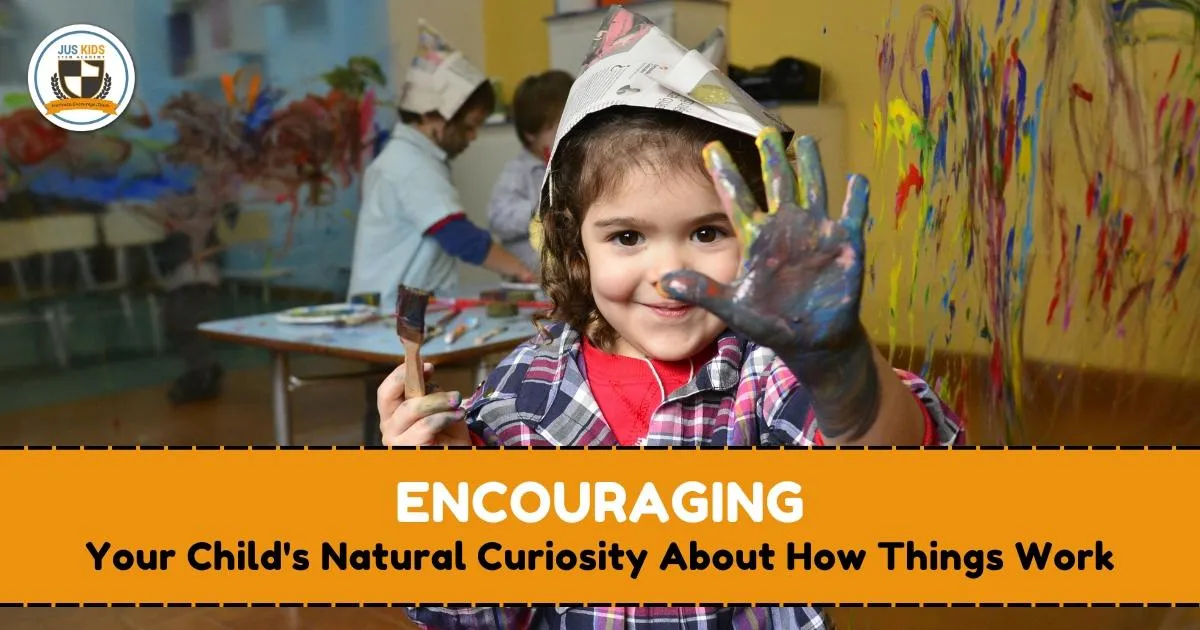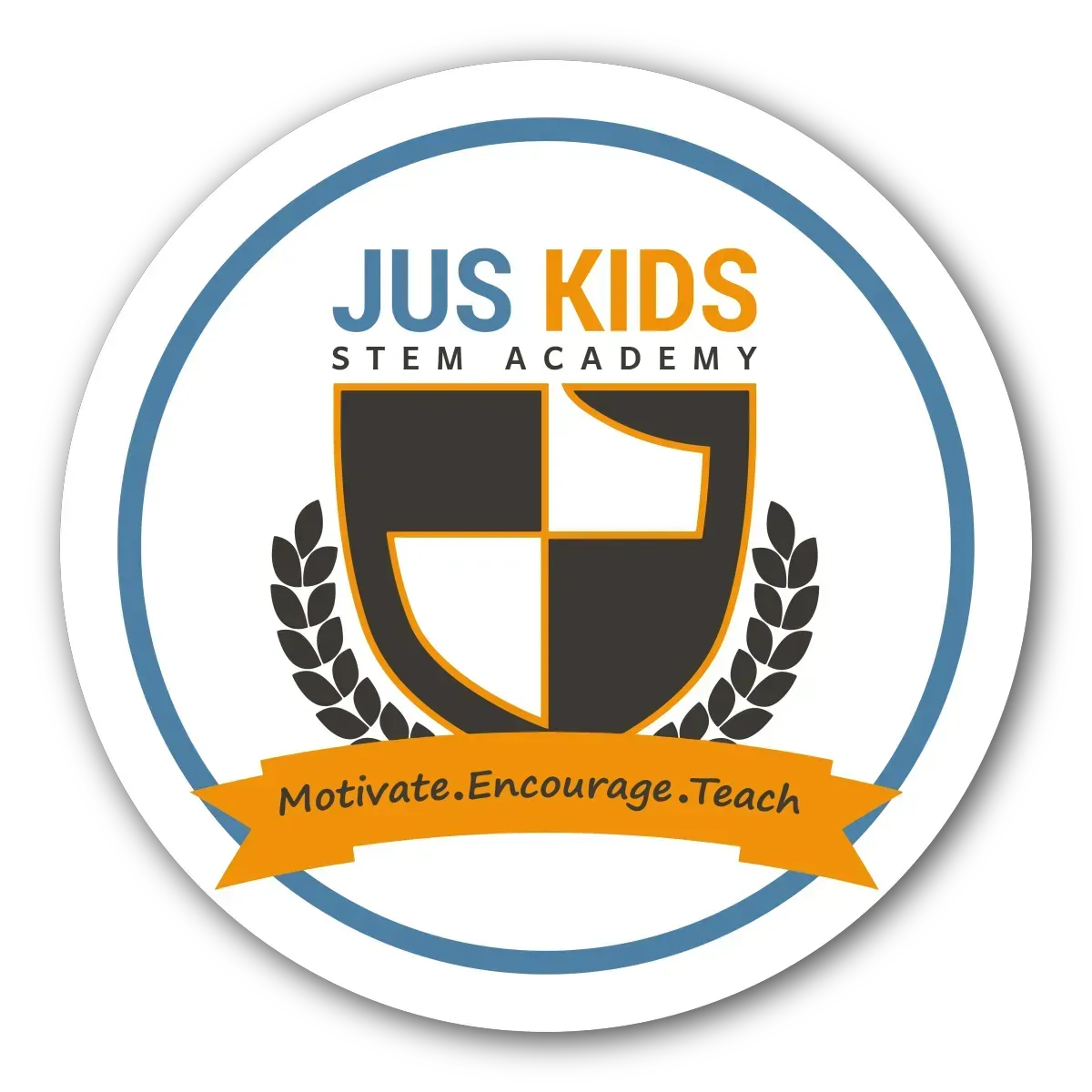
Encouraging Your Child's Curiosity With Science for Toddlers
“Why does the moon follow us?” “What makes the car go?” “How does my toy talk?”
If you’ve ever fielded questions like these from your toddler while trying to get dinner on the table, congratulations, you’ve got a naturally curious little scientist in your home.
But what happens when those endless “whys” start to fade?
Let’s talk about why that matters and how you can help keep your child’s curiosity alive.
Curiosity isn’t just cute. It’s the beginning of lifelong learning, and you don’t want to miss the chance to nurture it.
When Mia, a mom of two, noticed her 3-year-old stopped asking so many questions about his favorite building blocks, she got worried. He used to stack them in wild, creative towers and wonder how tall he could go. Now, he just lines them up and moves on. What changed? She realized he wasn’t being challenged anymore. He needed new ways to explore how things worked on his terms.
And that’s where the magic happens.
You don’t need fancy tools or endless free time. With the right approach and a few hands-on experiments, you can encourage your child’s curiosity every single day. Let’s break down how.
Why Curiosity Is a Superpower (and Why It Needs Practice)
Curiosity isn’t a phase. It’s a skill. Yes, toddlers are naturally inquisitive. But like any other skill, if it’s not supported or nurtured, it can fade.
Young children are wired to explore, question, and make sense of the world around them. When we support that exploration with open-ended questions and engaging activities, we’re helping them develop critical thinking and problem-solving skills that will shape how they learn for life.
Let’s say your child is fascinated by how their toy robot walks. That’s your window to introduce science for toddlers in a fun, no-pressure way. You can turn that moment into an impromptu experiment. What happens if we put the robot on a soft surface? Will it still walk? Why or why not?
That’s not just play; it’s learning in disguise.
Let Them Ask the Questions (Even the Weird Ones)
We all know how kids can repeat the same question twenty times. “Why do clouds float?” “How does the fridge stay cold?” You might feel tempted to reply with a quick “I don’t know, sweetie” or change the subject.
But here’s a secret. Every question is an opportunity to explore together.
Instead of answering right away, try this:
“That’s a great question. What do you think?”
“Let’s find out together.”
“Wanna try a little experiment?”
This sparks your child’s natural curiosity and gives them the confidence to keep asking. Bonus: it builds problem-solving skills and helps them think like mini-scientists.
At Jus Kids Academy, we encourage these kinds of conversations every day because they lead to deeper thinking. Kids who are heard keep questioning, and kids who keep questioning keep learning.
Make It Hands-On (Because Toddlers Learn With Their Hands First)
Toddlers are hands-on learners. They don’t want to sit and listen. They want to touch, build, squish, and test. That’s why hands-on experiments are so powerful at this age.
Try this simple water and oil experiment:
Fill a jar halfway with water.
Add a layer of oil.
Ask, “What do you think will happen if we shake it?”
Let them try it and watch what happens.
Now you’ve just taught your toddler about density without a single lecture. This kind of science for toddlers doesn’t require a lab coat. Just curiosity and a willingness to explore messes together.
Want something even more fun? Try an engineering activity like building a paper bridge and seeing how many coins it can hold before it collapses. Ask your child, “What could we do to make it stronger?”
You’ll be amazed by the ideas they come up with and the pride they’ll feel when they solve the challenge.
Use Everyday Moments to Teach STEM (Without Making It Boring)
You don’t need special kits or expensive toys to introduce technology in early learning. STEM is all around us if we know where to look.
Cooking: Talk about measurements to teach math concepts. Ask, “What happens if we mix baking soda and vinegar?”
Grocery shopping: Let them weigh produce and guess the heaviest.
Toy repairs: Let them explore the inside of a broken toy and talk about the parts.
Laundry time: Ask, “Why do clothes get dry in the dryer?”
These small moments help kids see that technology in early learning doesn’t just mean tablets or screens. It can be as simple as understanding how the toaster works.
At Jus Kids Academy, we use everyday play to introduce science for toddlers, so learning feels fun, not forced.
Build on Their Interests (Even the Weird Ones)
Every child has a “thing” they’re obsessed with. Dinosaurs. Space. Dump trucks. Rainbows. Instead of brushing off their latest obsession, lean into it.
Here’s how:
A dinosaur lover? Try a hands-on experiment to create a “fossil” using play-dough and leaves.
Obsessed with space? Watch the moon phases together and make a chart.
Love trash trucks? Talk about how machines sort recycling. Maybe even build your own with boxes and tape.
When kids see you getting excited about what they love, they stay engaged. And guess what? You’re sneaking in critical thinking, problem-solving skills, and even engineering activities while having fun.
Say Yes to Mistakes (Because That’s Where the Learning Lives)
Kids aren’t always going to get it right, and that’s a good thing.
When your toddler builds a tower that keeps falling over, don’t jump in and fix it. Ask, “Why do you think it’s tipping?” Encourage them to test ideas. Maybe they’ll try a wider base. Maybe they’ll learn that tall towers need balance.
That’s engineering in action. And it’s better than any worksheet.
Celebrate the messes, the broken crayons, the paint spills, and the lopsided castles. These are signs your child is experimenting, questioning, and building problem-solving skills that matter way more than perfection.
Keep It Fun (Because If It’s Not Fun, They’ll Stop Asking)
Learning doesn’t have to be a chore. If it feels like school, you’re doing it wrong. Sing songs about planets. Read goofy books about numbers. Create a volcano with baking soda and red food coloring. Don’t stress about getting it right. The goal is to explore, not to lecture.
Here’s a fun idea:
Make a “question of the day” jar. Each morning, pull out a silly or smart question and explore it together. Like, “Can animals get sunburned?” or “Why do bubbles pop?” Let your child lead the discovery.
By creating a space where asking, testing, and laughing are all encouraged, you’ll be supporting their love of learning in a way they’ll carry for life.
Nurture Curiosity Without Screens
We all need a break sometimes, and yes, tablets can be helpful. But too much screen time can squash natural exploration. Try offering screen-free options that still involve technology in early learning. For example:
Use a flashlight to explore shadows.
Take apart a flashlight or remote control (with supervision).
Build a pretend machine with cardboard and buttons.
This helps your child understand the “how” behind tech, not just the “what.” And it builds those early problem-solving skills in meaningful ways.
Final Thoughts
If we want kids to grow into curious, capable thinkers, we have to meet them where they are with patience, encouragement, and open-ended questions.
Encouraging science for toddlers isn't about turning your living room into a lab. It’s about saying “yes” to questions, making room for messes, and letting your child lead sometimes.
They don’t need answers handed to them. They need the chance to figure things out.
And if you ever need support, Jus Kids Academy is built for this kind of growth. Our approach makes space for wonder, questions, and real exploration because we believe that’s where learning begins.
So the next time your child asks, “Why?” Instead of sighing, smile and say, “Let’s figure it out together.”
Ready to raise a curious thinker?
Fuel your child’s love for learning with fun activities, meaningful questions, and everyday exploration. Visit Jus Kids Academy and schedule a visit today.
FAQs
Why is curiosity important for toddlers?
Curiosity helps toddlers explore their world, builds problem-solving skills, and sets the stage for critical thinking throughout their lives.
What are some simple science experiments for toddlers?
Try mixing baking soda and vinegar, floating and sinking objects, or creating rain in a jar. Keep it hands-on and fun.
How can I introduce technology in early learning?
Use real-world examples like toasters, flashlights, or remotes. Let kids explore simple machines and ask how things work.
What are some fun engineering activities at home?
Build bridges with paper and coins, create ramps with cardboard, or stack cups to make towers. Encourage testing and fixing.
How can I help my child with math concepts at an early age?
Count toys together, sort objects by size or color, and talk about shapes and patterns during play.
